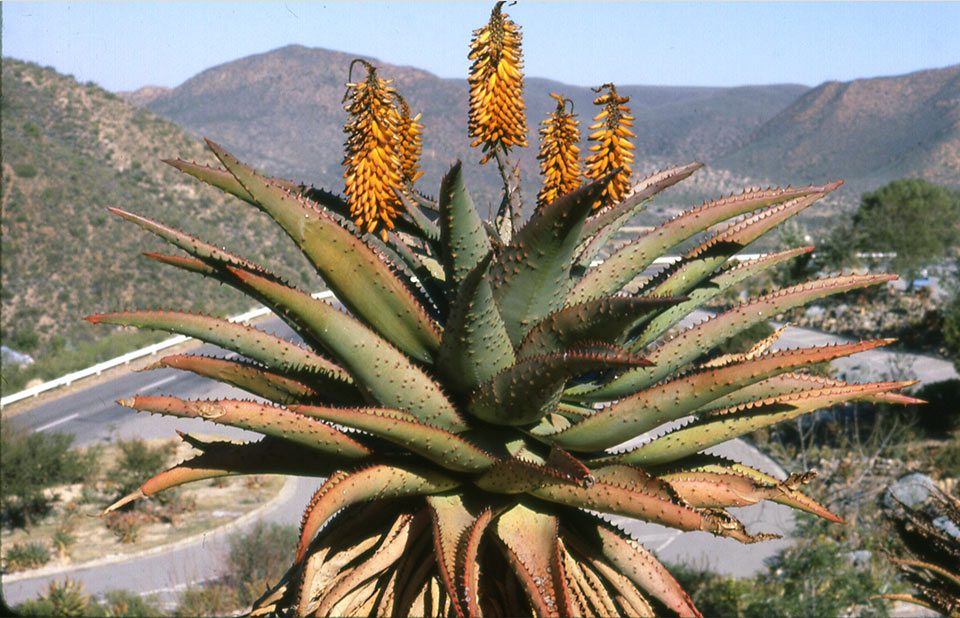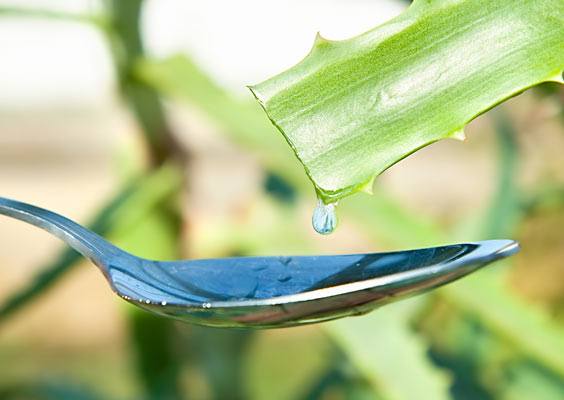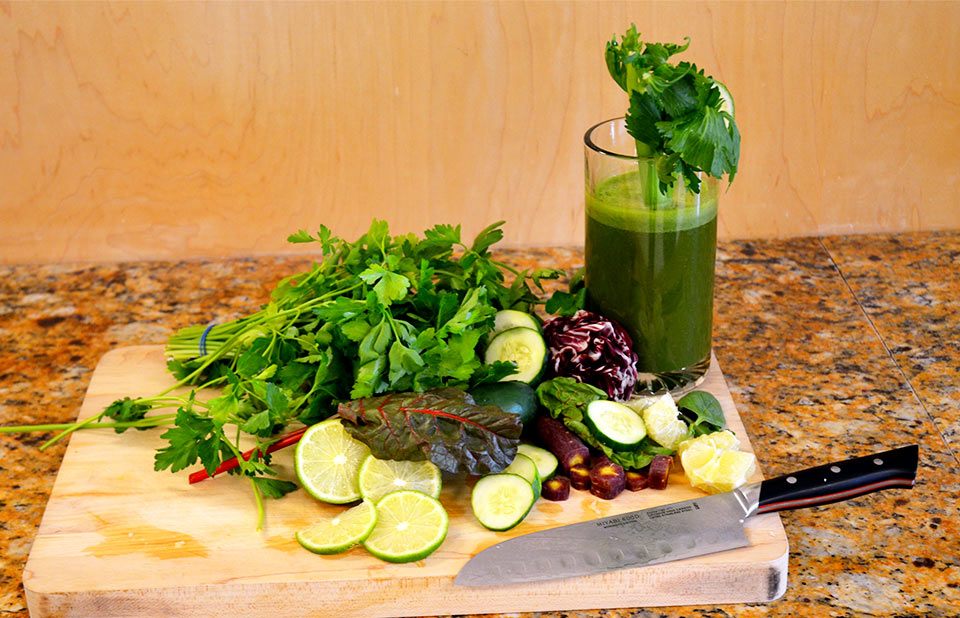It’s outrageous that an ancient and proven natural therapy as powerful as the aloe plant is still ignored by most American doctors. Aloe is a powerful natural treatment that’s used all over the world — but not in America, where it’s applied only to soothe sunburns.
Mainstream medicine, Big Pharma, and the FDA have yet to accept aloe’s extraordinary medicinal qualities, though aloe has been a medicinal powerhouse for more than 5,000 years. It’s widely used today in Europe, South America, Africa, and Asia.
The Benefits of Aloe
In Ayurvedic medicine, the oldest health care system in the world, aloe is called “Kumari,” or “miracle herb.”
Aloe is used extensively by healers in Africa. In Bali, it’s called “lidah buaya,” or “crocodile tongue,” and is considered to be a potent immune-system booster.
In Europe, the EMA — the European equivalent of the FDA — approved it years ago as an immune-system booster for AIDS patients. It’s widely recommended there as a natural therapy.1
An aloe-based protocol is also widely used in Brazil and in many parts of Asia.
Aloe Studies
Dozens of studies confirm aloe’s benefits.2 Compelling research from Japan shows that even in small concentrations, aloe can trigger apoptosis (cell death) in liver, brain, and glandular cancer cells. The study found that the higher the dosage, the more effective it is.3
Another study from China revealed that one extract in particular, Aloe-emodin, is antiviral and can kill lung, liver, and breast tumors.5,6
What Does the Aloe Plant Contain?
Aloe contains three powerful immune-system boosters — polypeptides, polysaccharides, and acemannan.
Aloe also contains a special kind of polysaccharide called acetylated mannose. Studies show that acetylated mannose doubles your number of T-cells within three weeks and significantly boosts the power of your natural killer cells (NK), which seek out pathogens and destroy them.
Aloe has also been shown to minimize the damage to your body from chemo and radiation therapy. While chemo and radiation can be highly effective at killing cancer cells, they also wreak havoc on your immune system.7
To be clear, I’m not talking about the typical green, gel-like aloe you use as after-sun. I’m talking about fresh aloe water or aloe juice straight from the leaves of the plant.
You can find aloe water or juice online and at most health food stores. The best products contain at least 98% aloe and are cold processed using the whole leaf without aloin — the irritating chemical in aloe that can cause diarrhea. You should also avoid varieties that contain sugar and fruit juice, which diminish the nutritional value.
I often recommend my patients add it to my healthy “Green Drink” smoothie recipe:
Ingredients:
- ¼-cup radicchio
- 1 purple carrot
- 1 cucumber
- 1 lime
- ¼-cup parsley
- ½-cup Swiss chard
- 1-cup spinach
- ½-cup filtered water
- ½-cup ice
- 1 scoop (1.5 grams) of aloe powder
Instructions:
Blend all the ingredients together until smooth. You don’t have to follow this recipe to the letter — you can make it to your taste. Just be sure to add the aloe.
Aloe can also be taken as a supplement. Gel capsules are available online and at most health food stores. For the best immune-boosting results, take 300 mg twice daily. Remember to consult with your doctor before starting or stopping any treatments.
To your good health!
References:
1. Ahirwar K, Jain S. “Aloe-emodin novel anticancer Herbal Drug.” International Journal of Phytomedicine. 2011;3, 27-31
2. Karaca, K., et al., Int.J.Immunopharmacol., vol 17, p. 183, 1995.
3. Sukai, R., “Epidemiologic survey on lung cancer with respect to cigarette smoking and plant diet. Japanese Journal of Cancer Research.” 1989. 513-520.
4. Chen R, Wang S, Zhang J, Chen M, Wang Y. “Aloe-emodin loaded solid lipid nanoparticles: formulation design and in vitro anti-cancer study.” Drug Deliv. 2014.
5. Du Plessis, L., Hamman, J. “In vitro evaluation of the cytotoxic and apoptogenic properties of Aloe whole leaf and gel materials.” Drug Chem Toxicol. 2014.
6. Sani, M., Goyal, P., Chaudhary, G. “Anti-tumor activity of Aloe vera against DMBA/croton induced skin papillomagenisis in Swiss albino mice.” 2010. Journal of Environmental pathology, Toxicology and Oncology.
7. Bałan, B., Niemcewiz, M., Kocik, J. et al. “Oral Administration of Aloe Vera Gel, Anti-Microbial and Anti-Inflammatory Herbal Remedy, Stimulates Cell-Mediated Immunity and Antibody Production in a Mouse Model.” Central-EuropeanJournal of Immunology. 2014. 125–130.
Featured photo credit: Flickr via flickr.com















































